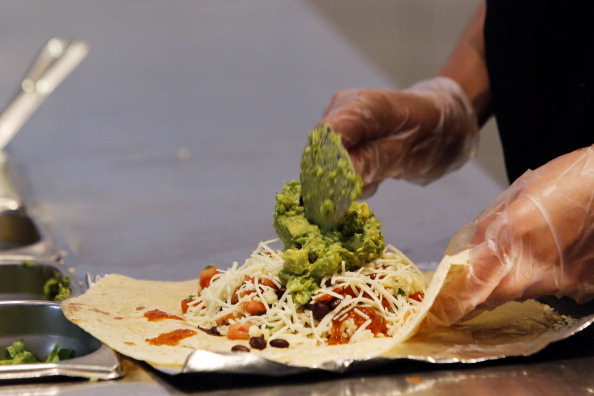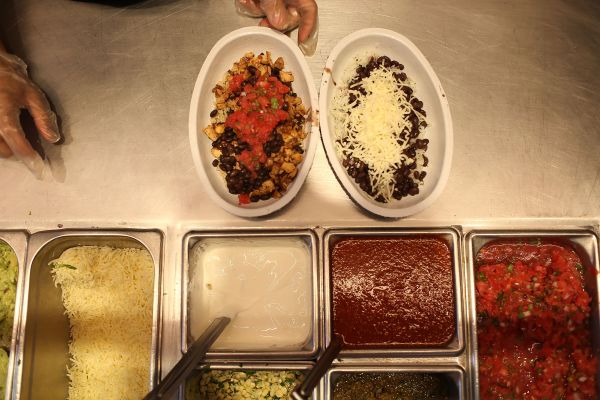As everyone who doesn’t willingly refer to themselves as a recluse knows, Chipotle has been dealing with some pretty serious health issues. Back in November, the restaurant closed all 43 of its locations in Oregon and Washington after 22 people reported symptoms of E. coli. Eight of those people were hospitalized. Shortly thereafter, the number of people affected grew to 45 and incidents spread across four more states including California, New York, Ohio and Minnesota.
In mid-January, a Chipotle spokesman told the Chicago Tribune that the chain would close every single restaurant in order to hold a company wide food safety meeting in early February. Then, even before that meeting, on February 1, the CDC announced that the E. coli outbreak was over and people were free to gorge themselves on giant burritos and overpriced guacamole once again!

The biggest question that surrounds this Chipotle-geddon is where did the E. coli come from? Ordinarily, E. coli is transmitted through contaminated food or water or through contact with animals and people. According to the Mayo Clinic, it is most common in ground beef (bacteria from slaughtered cattle intestines is always getting mixed into your mince), unpasteurized milk (bacteria from an udder or equipment sneaking into raw milk), and fresh produce (tainted by runoff from cattle farms). Curiously, though, the Center for Disease Control and Prevention was not able to pinpoint any of these causes as the culprit for Chipotle’s woes.
Some skeptics have their own ideas about how E. coli got into Chipotle’s ingredients. Ready to go full conspiracy theory?
Back in April, 2015 Chipotle announced that it would no longer serve food containing genetically modified organisms (GMO). GMO’s are basically engineered crops whose genetic material has been manipulated to produce more a more successful yield. You can read more about them here. GMO’s are produced by highly lucrative food biotech companies such as Monsanto (cue villainous riff) and DuPont.
When a massively popular fast food chain like Chipotle announces that they will no longer serve food containing GMO’s, it’s bound to ruffle some feathers in the biotech industry. Not only will these companies lose a portion of their market to the chain itself, but Chipotle’s announcement has an industry-wide impact and huge PR reach. Other brands might feel the pressure to eliminate GMO’s, leading to a widespread cultural shift.

So, what’s a biotech company to do? Sabotage Chipotle of course! At least, if you ask Mike Adams, a writer for Natural News (America’s truth news bureau). In some flourish-filled dramatic language, Adams claims that individuals from biotech companies infiltrated Chipotle restaurants and committed acts of bioterrorism. He believes that because the strain of E. coli found by the CDC was a “rare genetic strain” it must have been manufactured.
THERE’S MORE! When E. coli couldn’t be traced by investigators to a single ingredient source, Adams logically concluded that biotech ninjas either employed by Chipotle or acting as consumers sprayed the ingredients with a nebulized version of the bacteria.
While it may seem a bit far fetched, but it actually does makes some sense. Particularly when we look at the history of corruption among large biotech companies. From financing “unbiased” research to blatantly paying academics and scientists to endorse genetically modified crops, biotech companies don’t have the most morally sound reputation. Indeed, Chipotle did have to back away from some of their sourcing standards back in December, removing certain material from the company website. (The website has created a new page on sourcing now which is actually very informative.)
Whether it’s true or not, Adams’ conspiracy theory is certainly worth thinking about the next time you sit down to enjoy your at-this-present-time-bacteria-free burrito.






